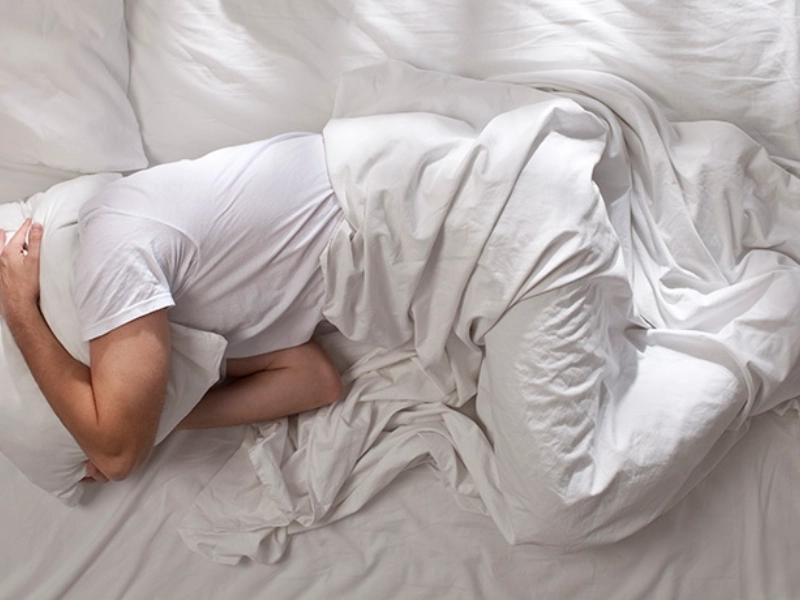Worrying

Worrying is an emotion many people experience, and it can also be indicative of anxiety. It has the potential to have negative repercussions on both mental and physical health, leaving you feeling restless, irritable, anxious or depressed.
Normal worrying is a temporary response to an unfamiliar problem or potential threat that arises in our environment. It often arises as a response to reminders in our environment related to the worry itself.
Research has demonstrated that worry can be productive when you focus on taking concrete actions to address the issue at hand. Unfortunately, unhelpful forms of worry may cause paralysis, as your brain becomes overwhelmed with thoughts of problems which cannot be resolved.
Agitation

Feeling agitated is a common reaction to stress and can often come on without warning. However, if the level of agitation seems more intense or regular than usual, this could indicate an underlying mental health issue.
Agitation may occur along with other anxiety-related illnesses, such as depression and bipolar disorder. Agitation could also be indicative of delirium - a medical condition that causes altered levels of alertness.
Restlessness

Feeling restless is a common sign of anxiety. Your body's way of alerting you to stay away from danger.
When a threat is perceived, your body releases adrenaline - nature's energy - to prepare you for action. Unfortunately, for some individuals this natural response may be malfunctioning or misfiring.
You can help reduce your feelings of restlessness by finding a quiet place to sit and relax, abstaining from caffeine and alcohol, and doing physical exercise. Furthermore, maintain a healthy diet and ensure you get enough sleep each night are essential for effective treatment of restlessness.
Difficulty sleeping

Many people with anxiety struggle to get adequate rest each night, often due to feelings of fear, uncertainty, uneasiness or feeling trapped or stuck.
Lack of sleep can have a detrimental effect on both mental and physical wellbeing. Not only is it physically draining, but it may also lead to fatigue, difficulty functioning during the daytime, as well as having an effect on relationships.
Research indicates a strong link between sleep and mental health. Research suggests that inadequate slumber can exacerbate existing anxiety or depression, as well as create new psychological issues.
Advertisement
Recommended Reading: Disadvantages of Avocados


























Comments
Leave a Comment
Your email address will not be published. Required fields are marked *